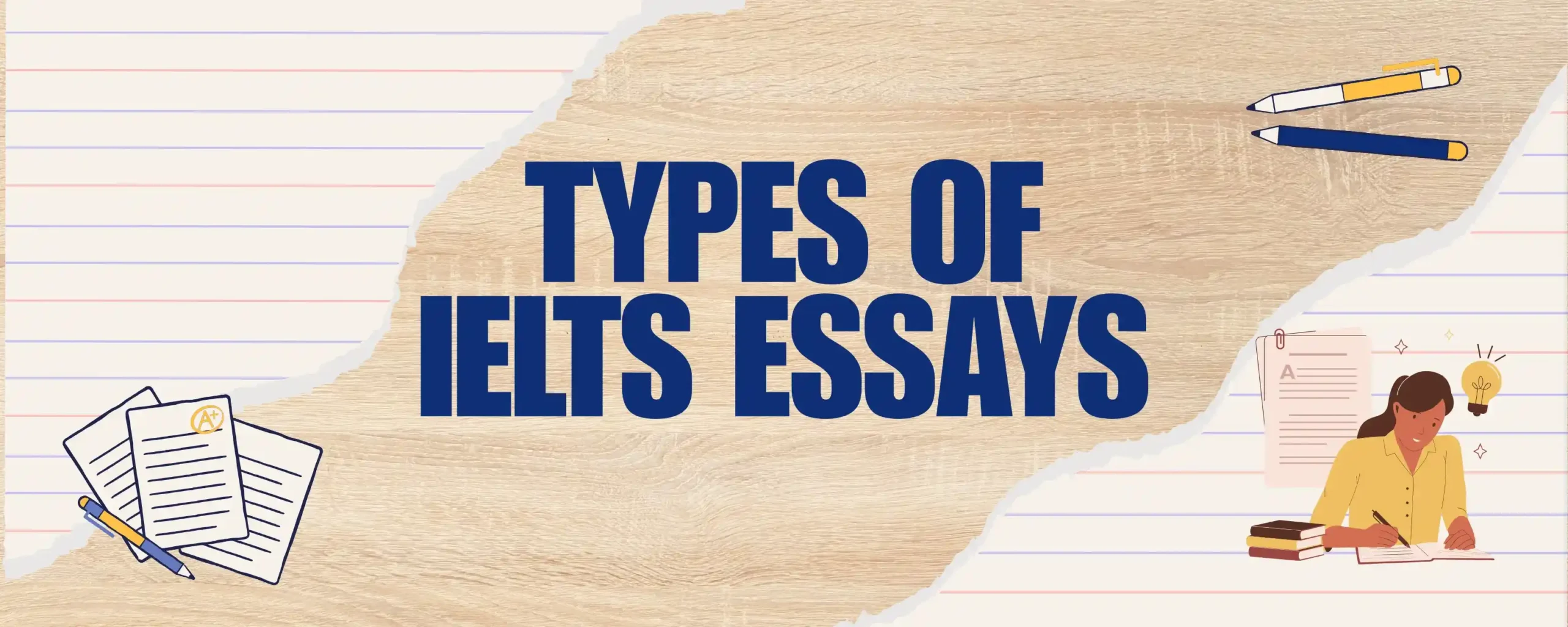The speaking section of the IELTS exam is a vital part of the test, assessing your ability to communicate effectively in English.
This section evaluates how well you can speak English in real-life situations, which is crucial for living, studying, or working in an English-speaking environment.
The Speaking section tests various aspects of spoken language, such as fluency, coherence, vocabulary range, grammatical accuracy, and pronunciation.
It provides a comprehensive evaluation of your ability to express ideas clearly and interact with others using spoken English.
Including the Speaking section in IELTS is important because it mirrors real-world communication. It tests your ability to respond to questions, discuss topics, and engage in conversation, all of which are essential skills for success in an English-speaking environment.
This section helps ensure that you can not only understand and write in English but also speak confidently and clearly.
Table of contents
- The speaking section consists of three parts.
- IELTS Speaking Section Format
- Common Challenges in IELTS Speaking Exam Preparation
- Speaking tips and strategies for IELTS Speaking Exam Preparation
- Practice Resources for IELTS Speaking Exam Preparation
- How our IELTS Speaking Exam Preparation Course Helps You
- Wrap Up
The speaking section consists of three parts.
In Part 1, you answer general questions about yourself and familiar topics.
In Part 2, you speak for up to two minutes on a given topic after one minute of preparation.
In Part 3, a two-way discussion is involved with the examiner on more abstract questions related to the Part 2 topic. The entire section lasts 11–14 minutes.
This comprehensive assessment ensures that your speaking skills are accurately evaluated, reflecting your ability to communicate effectively in English.
IELTS Speaking Section Format
The IELTS Speaking Test consists of three parts, each designed to assess different aspects of your spoken English skills. These parts together provide a thorough evaluation of your ability to communicate in English.
Part 1: Introduction and Interview (4-5 minutes)
The examiner will start by asking for your name and checking your identification. Then, you will answer general questions about familiar topics such as your home, family, work, studies, and interests. This part tests your ability to speak clearly and coherently about everyday subjects.
Part 2: Long Turn (3–4 minutes)
In this section, you will receive a task card with a topic and have one minute to prepare. You will then speak for up to two minutes on the topic. The examiner may ask one or two questions afterward. This part assesses your ability to organize your thoughts and speak at length on a given topic.
Part 3: Two-Way Discussion (4-5 minutes)
The final part involves a discussion with the examiner about the topic from Part 2. The questions will be more abstract, allowing you to express and justify opinions, analyze issues, and speculate on broader topics. This part evaluates your ability to engage in a deeper conversation.
The entire test lasts 11 to 14 minutes. Your performance is scored based on four criteria:
- fluency and coherence,
- vocabulary range,
- grammatical range and accuracy,
- and pronunciation
Each criterion is equally important and contributes to your final band score, which reflects your overall speaking proficiency. The scoring system ensures a fair and comprehensive assessment of your spoken English skills, providing a band score that accurately represents your abilities in speaking.
- Check out our Tips on IELTS Reading
- Check out our Tips on IELTS Writing
- Check out our Tips on IELTS Listening
Common Challenges in IELTS Speaking Exam Preparation
The speaking section of the IELTS exam presents several common challenges for test-takers. Nervousness and anxiety often hinder performance, making it difficult to express ideas clearly.
Speaking fluently is another challenge, as some may struggle with organizing thoughts or transitioning between ideas smoothly.
Additionally, using a wide range of vocabulary and grammar correctly poses a challenge, especially when trying to convey complex concepts or opinions accurately.
Other challenges include maintaining a natural pace while speaking, avoiding pauses or hesitations, and effectively managing time during each speaking task. Accurate pronunciation and tone are also crucial but can be challenging for non-native speakers.
To overcome these challenges, practice regularly with sample questions, focus on relaxation techniques to reduce anxiety, and work on expanding your vocabulary and grammar skills.
Listening to native speakers and mimicking their speech patterns can also improve fluency and pronunciation. Overall, consistent practice and targeted improvement efforts can help address these common challenges in the IELTS speaking section.
Speaking tips and strategies for IELTS Speaking Exam Preparation
1. Structured Answers
Organize your answers logically with an introduction, main points, and conclusion to enhance coherence and clarity.
2. Fluency Techniques
Practice speaking regularly to improve fluency. Use filler words like “um” and “well” sparingly to maintain a smooth flow.
3. Vocabulary Variety
Incorporate a range of vocabulary to showcase language proficiency. Use synonyms and phrases instead of repetitive words.
4. Pronunciation Practice
Use platforms with audio and video features to work on pronunciation with native speakers, aiming for clear and accurate speech.
5. Topic Familiarity
Familiarise yourself with common topics like family, education, and technology. Prepare talking points and examples for each topic.
6. Time Management
Manage your time effectively during the test. Use the preparation time to outline your response and allocate time for each part of the speaking test.
7. Confidence-Building
Stay confident and maintain eye contact with the examiner. Practice speaking in front of a mirror or with a study partner to boost confidence.
By incorporating these tips into your preparation, you can improve your performance and feel more confident during the speaking section of the IELTS exam.
Practice Resources for IELTS Speaking Exam Preparation
Practising your English-speaking skills is crucial for improving fluency, confidence, and grammar usage. If you don’t have access to in-person practice partners, online platforms offer excellent opportunities.
Websites like Verbling, Italki, and Preply connect you with native English tutors for personalised lessons.
Platforms such as HelloTalk, Conversation Exchange, and Tandem facilitate language exchanges with native speakers, enhancing your conversational abilities.
Additionally, video game voice chats, physical meetups, and language exchange clubs like Toastmasters provide immersive speaking experiences.
To effectively utilize online resources for improving your speaking skills in the IELTS exam, follow these steps:
1. Regular Practice Sessions
Set a consistent schedule for speaking practice to enhance your conversational flow and logical organization of ideas.
2. Focused Pronunciation Practice
Use platforms with audio and video features to work on pronunciation with native speakers, aiming for clear and accurate speech.
3. Mock Test Environments
Simulate test conditions during practice sessions by timing yourself and focusing on maintaining a smooth delivery of ideas and logical coherence.
4. Feedback Loop
Seek feedback from peers or tutors to identify areas for improvement and refine your speaking skills accordingly.
5. Engage in Conversations
Join language exchange groups or conversation clubs to engage in real-life conversations, building confidence and improving the flow of your speech.
6. Multimedia Learning
Supplement your practice with authentic English videos and audio materials to improve listening comprehension and expand vocabulary.
How our IELTS Speaking Exam Preparation Course Helps You
Our course provides specific speaking techniques to enhance your performance in the IELTS Speaking section.
You will receive one-on-one practice sessions with expert feedback, allowing you to refine your skills. We focus on improving your fluency, vocabulary range, grammatical accuracy, and pronunciation.
Our tailored approach ensures you build confidence and develop effective communication strategies, helping you achieve a higher band score in the speaking section of the IELTS exam.
For more details, IELTS Course by La Forêt.
Wrap Up
Sign up for our IELTS speaking course to boost your performance.
Get personalized, one-on-one practice sessions and expert feedback to refine your skills.
Experience our free speaking practice session or consultation to see how we can support your success.
Visit the IELTS Course by La Forêt to learn more and take the first step towards achieving your desired band score in the IELTS speaking test.





